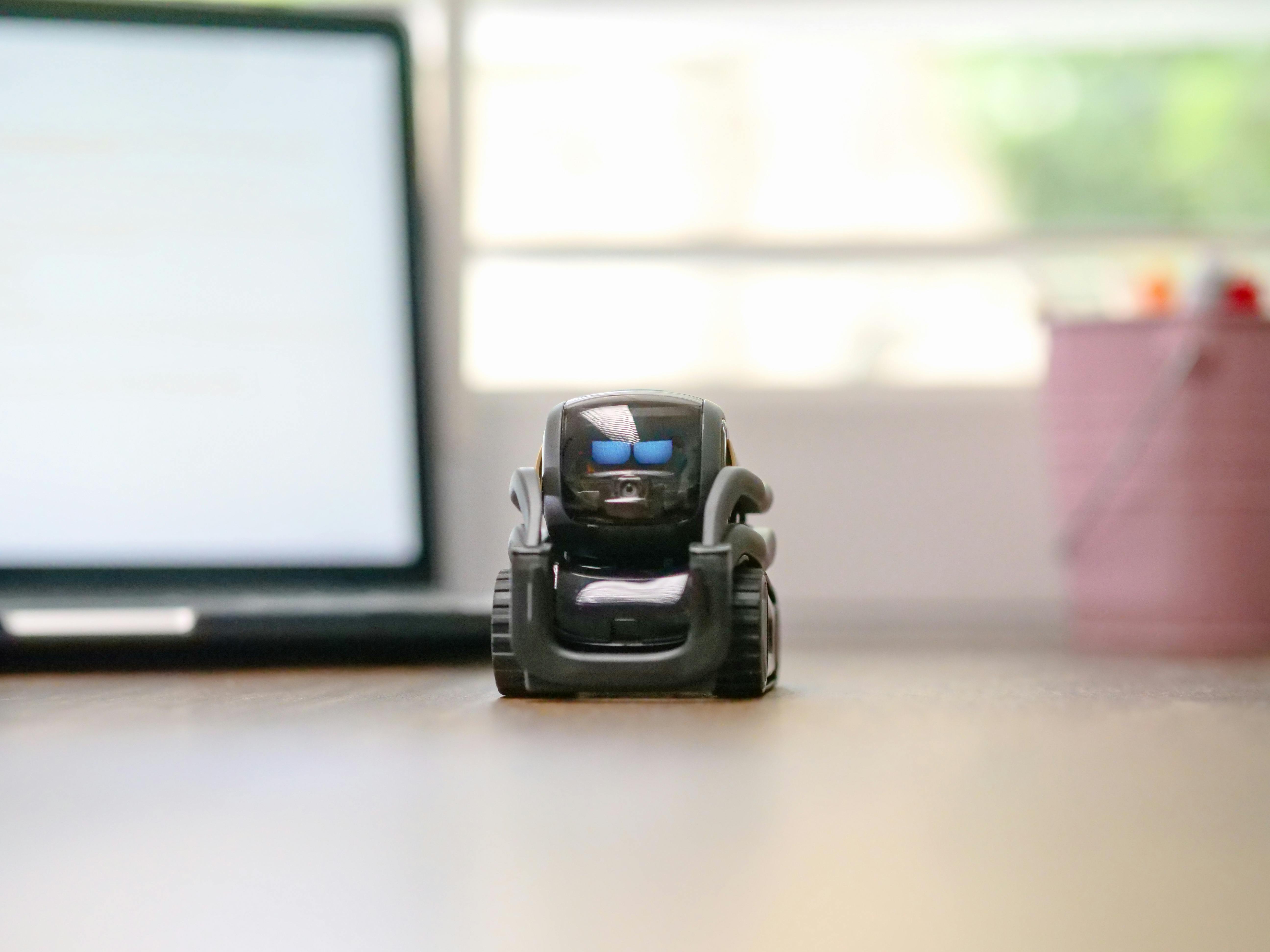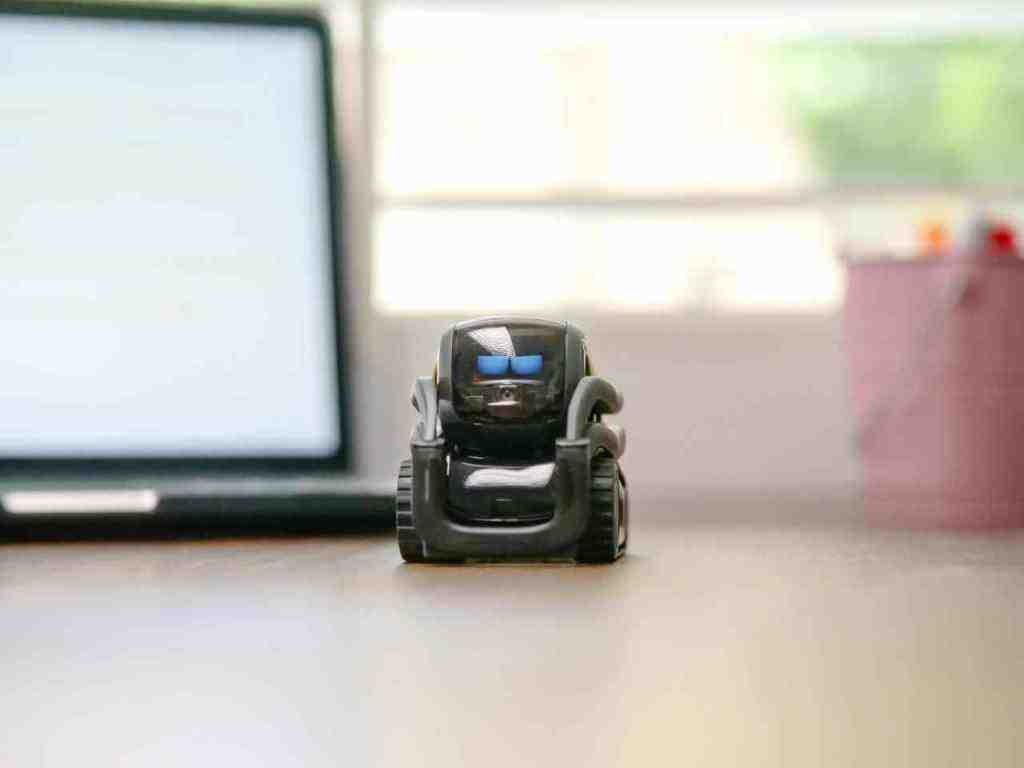Artificial Intelligence is Here. Will It Replace Teachers?

The year is 2025, and artificial intelligence (AI) has transitioned from a futuristic concept to a pervasive reality, reshaping industries, economies, and societal structures. This integration marks a significant technological inflection point, with AI becoming a dominant trend across media platforms, sparking widespread curiosity and apprehension. The continuous stream of news and analysis highlights the dynamic nature of this field, where breakthroughs emerge with remarkable frequency, underscoring the profound and widespread implications of AI advancements across multiple sectors. Understanding these broader impacts is crucial for navigating the changes ahead and for harnessing AI’s benefits while mitigating its risks.
The Question of AI’s Role in Education
Will Artificial Intelligence Replace Human Educators?
One of the most pressing questions arising from the widespread adoption of AI revolves around its potential impact on the teaching profession. As AI systems become more sophisticated, capable of processing vast amounts of information, personalizing learning experiences, and generating content, the role of the human teacher is being re-examined. This inquiry is at the heart of many current discussions, sparking debate among educators, technologists, and parents alike. The traditional classroom model is already undergoing a transformation, and AI is poised to accelerate this shift. AI-powered tools can offer personalized learning paths, adaptive assessments, and immediate feedback, catering to individual student needs in ways previously unimaginable. This shift promises a more efficient and effective learning experience for students, but it also raises questions about the essential human elements of education.
Many experts argue that AI is more likely to serve as a powerful assistant to teachers rather than a complete substitute. AI can automate administrative tasks, such as grading multiple-choice quizzes or managing student records, freeing up teachers’ time to focus on more impactful activities like lesson planning, one-on-one student interaction, and fostering critical thinking skills. This collaborative model envisions a future where AI enhances, rather than supplants, the role of the educator. Despite the growing capabilities of AI, certain aspects of teaching remain uniquely human. The ability to inspire, to empathize, to mentor, and to foster social-emotional development are qualities that AI, in its current form, cannot replicate. Teachers provide crucial guidance, emotional support, and a human connection vital for a child’s holistic development. These intangible yet essential contributions are what make the human teacher indispensable.
Transforming Educational Methodologies with AI
Personalized Learning Pathways
Artificial intelligence excels at analyzing data and identifying patterns. In an educational context, this translates to the creation of highly personalized learning experiences. AI algorithms can assess a student’s strengths, weaknesses, learning pace, and preferred learning style. Based on this analysis, AI can then curate a unique curriculum, recommending specific resources, exercises, and activities tailored to that individual student’s needs. This adaptive approach ensures that no student is left behind or held back, allowing each learner to progress at their optimal pace.
Intelligent Tutoring Systems
Intelligent tutoring systems represent a significant advancement in AI-driven education. These systems go beyond simple content delivery; they engage students in interactive dialogues, provide step-by-step guidance, and offer targeted feedback in real-time. If a student struggles with a particular concept, the AI tutor can identify the precise point of confusion and offer alternative explanations or supplementary materials. This immediate and personalized support can significantly improve comprehension and retention.
Automated Assessment and Feedback
The burden of assessment and feedback can be substantial for educators. AI can alleviate this by automating the grading of various types of assignments, from multiple-choice tests to even essays, with increasing accuracy. More importantly, AI can provide students with detailed, constructive feedback that goes beyond a simple score. This feedback can highlight areas for improvement, suggest specific strategies for revision, and help students understand the underlying principles they may have missed. This rapid feedback loop is crucial for effective learning and skill development.
Enhanced Content Creation and Curation
AI tools can assist educators in developing and curating educational content. They can generate practice questions, summarize complex texts, create interactive simulations, and even suggest relevant external resources. This capability allows educators to enrich their teaching materials and ensure that they are up-to-date and engaging. Furthermore, AI can help identify learning gaps within a curriculum and suggest modifications or supplementary content to address them.
The Evolving Role of the Human Teacher
From Instructor to Facilitator
The traditional image of a teacher as a sole dispenser of knowledge is evolving. With AI handling many of the more routine aspects of instruction and assessment, teachers are increasingly transitioning into the role of facilitators. This means guiding students through their learning journeys, fostering collaboration, encouraging critical thinking, and helping them develop problem-solving skills. The teacher becomes a mentor and a guide, empowering students to take ownership of their learning.
Focus on Higher-Order Thinking Skills
As AI takes on the task of delivering foundational knowledge and basic skills, human teachers can dedicate more time and energy to cultivating higher-order thinking skills. This includes critical analysis, creative problem-solving, complex reasoning, and ethical decision-making. These are the skills that are most difficult for AI to replicate and are essential for success in a rapidly changing world. Teachers can design activities and discussions that challenge students to think deeply and apply their knowledge in novel ways.
Nurturing Social and Emotional Development
Education is not solely about academic achievement; it is also about developing well-rounded individuals. Teachers play a crucial role in fostering social and emotional learning (SEL). They create a supportive classroom environment, teach empathy, promote collaboration, and help students navigate complex social dynamics. These are inherently human skills that require human interaction, guidance, and emotional intelligence, areas where AI currently falls short.
Mentorship and Inspiration
Perhaps the most profound contribution of a human teacher is their ability to inspire and mentor students. Teachers can ignite a passion for learning, encourage perseverance in the face of challenges, and help students discover their potential. This personal connection, built on trust and understanding, is a powerful motivator that AI cannot replicate. A dedicated teacher can shape a student’s aspirations and influence their life trajectory in meaningful ways.
Addressing Concerns and Ethical Considerations
The Digital Divide and Equity in Access
The integration of AI in education raises concerns about equitable access. Not all students or schools have the same access to technology, reliable internet, or the digital literacy skills required to benefit from AI-powered tools. This digital divide could exacerbate existing inequalities, creating a gap between students who have access to advanced AI learning resources and those who do not. Ensuring equitable access is a critical challenge that requires thoughtful policy and investment.
Data Privacy and Security
AI systems in education often collect vast amounts of student data, including performance metrics, learning behaviors, and personal information. Protecting this sensitive data from breaches and misuse is paramount. Robust data privacy policies and secure technological infrastructure are essential to maintain the trust of students, parents, and educators. Clear guidelines on data ownership, usage, and retention are necessary to prevent potential exploitation.
Algorithmic Bias and Fairness
AI algorithms are trained on data, and if that data contains biases, the AI system can perpetuate and even amplify those biases. In an educational context, this could lead to unfair assessments, discriminatory recommendations, or inequitable resource allocation. It is crucial to develop and deploy AI systems that are transparent, auditable, and actively designed to mitigate bias, ensuring fairness for all students regardless of their background.
Over-reliance and Critical Thinking Erosion
There is a potential risk that an over-reliance on AI tools could hinder the development of essential critical thinking and problem-solving skills. If students become accustomed to AI providing immediate answers or solutions, they may not develop the resilience and analytical abilities needed to tackle complex challenges independently. Educators must strike a balance, using AI as a supportive tool while ensuring that students are still actively engaged in deep learning and independent thought processes.
The Future of AI in Education: A Collaborative Vision
Synergy Between Humans and Machines
The most promising future for AI in education lies in a synergistic relationship between human educators and artificial intelligence. AI can handle the data-intensive, repetitive tasks, providing personalized support and efficient feedback. Human teachers, in turn, can focus on the uniquely human aspects of teaching: fostering creativity, critical thinking, emotional intelligence, and building meaningful relationships with their students. This collaborative model leverages the strengths of both humans and machines.
Continuous Professional Development for Educators
As AI tools become more prevalent, educators will need ongoing professional development to effectively integrate these technologies into their teaching practices. This includes understanding how AI works, identifying appropriate AI tools for specific learning objectives, and learning how to interpret and utilize the data generated by AI systems. Equipping teachers with these skills is vital for successful AI adoption in schools.
AI as a Catalyst for Educational Innovation
Artificial intelligence has the potential to be a powerful catalyst for innovation in education. It can enable new pedagogical approaches, create more engaging and accessible learning environments, and help address long-standing challenges in the education system. By embracing AI thoughtfully and strategically, we can unlock new possibilities for student success and lifelong learning.
Preparing Students for an AI-Driven World
Beyond its role in the classroom, education must also prepare students for a world increasingly shaped by artificial intelligence. This involves not only teaching them how to use AI tools but also fostering an understanding of AI’s capabilities, limitations, and ethical implications. Students need to develop the skills and adaptability required to thrive in a future where AI will be an integral part of work and life.
Conclusion: Embracing the AI Revolution in Learning
A Transformative, Not Replaced, Profession
The narrative of AI replacing teachers is an oversimplification. Instead, artificial intelligence is poised to transform the teaching profession, augmenting educators’ capabilities and allowing them to focus on the most impactful aspects of their role. The human element of teaching remains irreplaceable, providing the empathy, inspiration, and guidance that are crucial for student development.
The Imperative of Strategic Integration
Successfully integrating AI into education requires a strategic and thoughtful approach. It necessitates addressing issues of equity, privacy, and bias, while also investing in teacher training and fostering a culture of innovation. The goal is not simply to adopt new technologies but to leverage them to create more effective, equitable, and engaging learning experiences for all students.
A Future of Enhanced Learning Opportunities
The year 2025 stands at the cusp of a new era in education, one where artificial intelligence offers unprecedented opportunities to enhance learning. By embracing AI as a powerful tool and collaborator, we can empower educators, personalize student journeys, and ultimately foster a more dynamic and effective educational landscape for generations to come.
